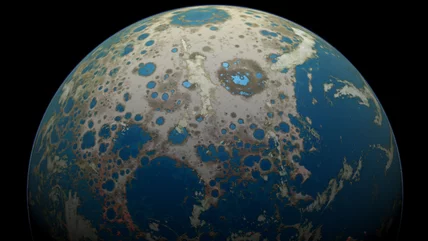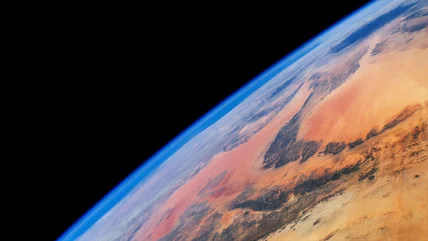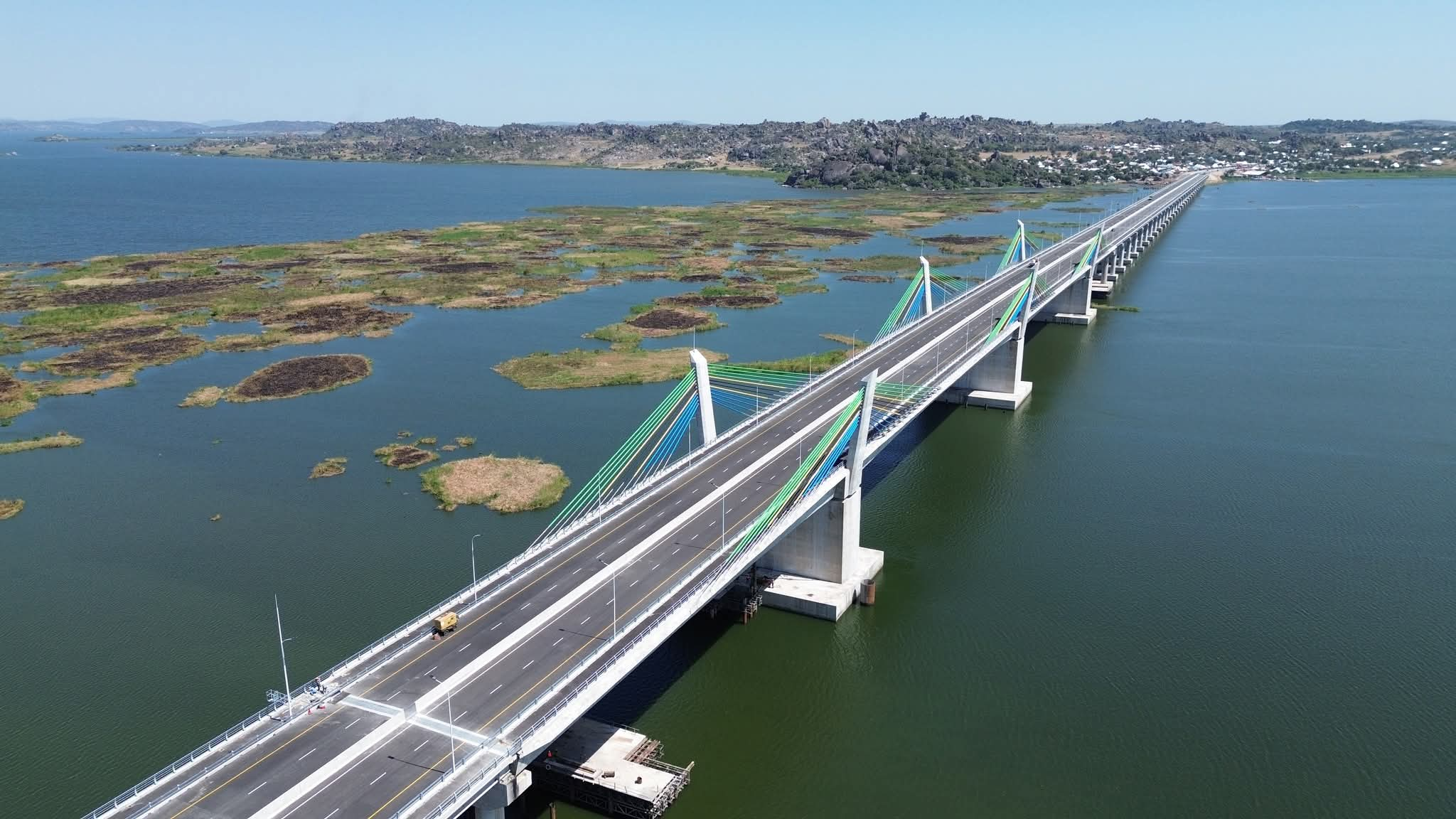END OF DAYS: Scientists say the Earth has an expiry date. Here's how life will cease to exist

Did you know that scientists predict Earth's atmosphere will lose its ability to sustain life in one billion years' time as Oxygen will run out and that the countdown has begun?
It is often said that "nothing last forever," or that, "everything that has a beginning must come to an end." If true, then there is the implication that life on Earth is not exempted from this phenomenon, and scientists have just confirmed this fact.
In an article written by Laura M. for Union Rayo, NASA (Nexus for Exoplanet System Science), together with researchers from Toho University, predict Earth’s atmosphere will lose its ability to sustain life – photosynthesis will collapse as CO₂ declines.
According to them the countdown to the end of life on earth has already started. It won’t happen like the Mayans predicted, nor like Nostradamus said. One billion years is what’s left for our atmosphere, which, as you know, is responsible for keeping us alive. Once again, the Sun will be responsible as it is gradually heating up more than it should and the action is going to alter carbon dioxide levels.
According to the researchers, a chain of events will cause CO₂ to drop. Almost like a domino effect, as the Sun keeps heating up (something that is not new, it’s been happening for millions of years), a chain of consequences will be triggered that doesn’t seem very friendly for complex life, because by heating up, it will break the CO₂ molecules in the atmosphere, which will cause carbon dioxide levels to drop so much that plants will stop performing photosynthesis, and without photosynthesis, there’s no more oxygen.
That process will start desertifying our planet until it becomes what it was billions of years ago, a giant rock. Basically, life as we know it ends. Plants will not survive without CO₂, and that means there will also be no oxygen for animals or humans.

Scientists estimate that this transformation could begin in about 10,000 years. And once it starts, there will be no turning back. Also, without oxygen, the ozone layer disappears too, so Earth will be exposed to lethal levels of solar radiation. The only ones that could adapt to this new reality would be anaerobic microorganisms. The rest will disappear.
Scientists Kazumi Ozaki and Christopher Reinhard developed large-scale simulations to anticipate the moment when Earth will no longer be habitable. They estimate it will happen in one billion years, although it will be noticeable thousands of years earlier. Although this is not an immediate problem, it completely changes how we understand life on Earth and on other planets.
And as if that weren’t enough, another effect of this atmospheric transformation will be the increase in methane that will further accelerate the deterioration of the atmosphere, making the air more and more toxic and contributing to the progressive extinction of many species. The outlook is clear: the Earth of the future will look nothing like the one we know today.
However, this discovery should not alarm us because of a calendar issue, since we won’t be the ones to live it (or maybe we will, who knows), but it does force us to think about how fragile the balance that sustains life on this planet is. Knowing that oxygen won’t last forever reminds us that not even the most basic elements of our existence are eternal.
But it also opens new questions about what conditions a planet must meet to be truly habitable and for how long. Because, even though Earth has been the perfect home for millions of years, that role has an expiration date. Understanding these cycles is not only important for science. It is essential to accept that, in the universe, nothing lasts forever.
SOURCE: NASA | Union Rayo
#penglobalfactfile #Earth


_1755775186.jpg)
